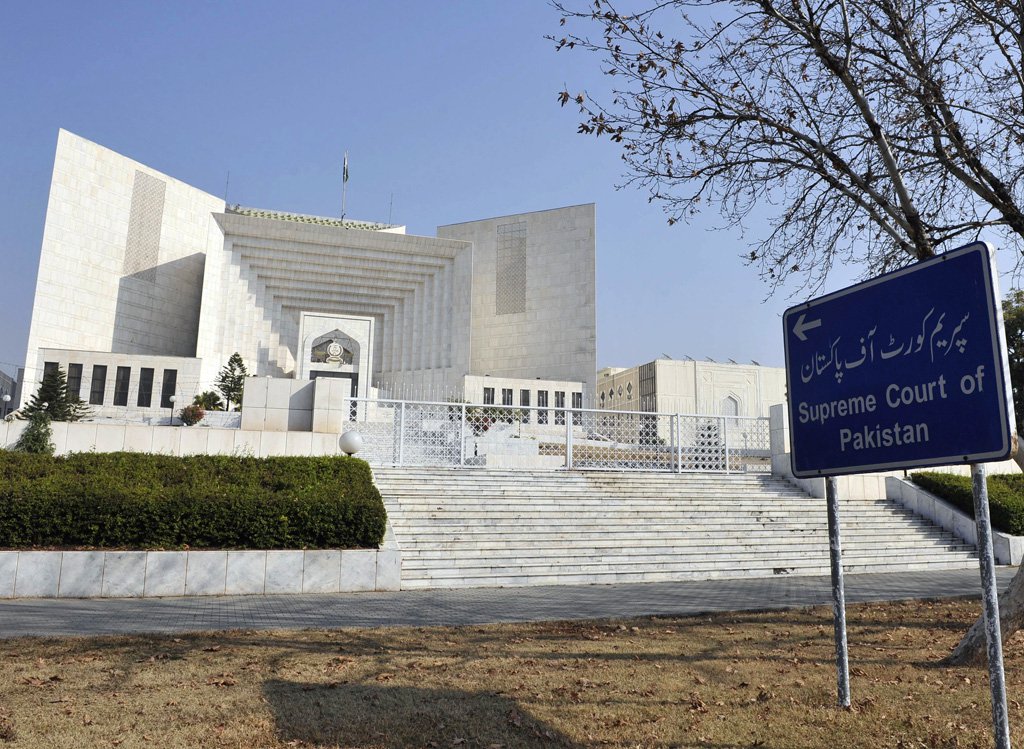
The apex court has observed that the dismissal of a government employee is a more severe punishment as compared to his removal from service and that a competent authority must be aware of the consequences of these penalties.
"The penalty of removal from service does not debar an employee from seeking re-employment and it is not considered as a continuous stigma but the penalty of dismissal from service stigmatizes the employee on a permanent basis…
“Therefore, in all fairness the penalty of dismissal from service is placed at a higher pedestal as far as gravity of the punishment is concerned,” wrote Justice Mazahar Ali Akbar Naqvi in a verdict of a case regarding the dismissal of a government employee on the basis of his absence from job for 23 months.
Justice Naqvi was part of a three-judge bench, presided over by Chief Justice of Pakistan Gulzar Ahmed, which heard the appeal of Tasawar Hussain against his dismissal as chowkidar (BPS-1) from Municipal Committee of Pind Dadan Khan.
Read more: SC seeks Sindh’s reply on magistracy case
The verdict stated that it is an established principle of law that in pursuance of the dictates of natural justice and fairness, while enhancing the penalty to a severe degree, assigning reasons seems to be more judicious, equitable and it further glorifies the judicial system.
The court said in ordinary circumstances, it is now settled that the competent authority is not under obligation to act according to the recommendations made by an inquiry officer, rather it can inflict a penalty as it deems appropriate according to the facts and circumstances that surface on the record.
It said the inquiry officer had recommended to remove Hussain from service in terms of Section 4(b)(v) of the Punjab Employees Efficiency, Discipline and Accountability (Peeda) Act, 2006 but the competent authority acted contrary to the recommendation and dismissed him under Section 4(b)(vi) of Peeda Act.
“There is no second cavil to this proposition that in both the eventualities, the employee has to relinquish the job but to ascertain the gravity of the punishment, it seems appropriate to know the consequence of both the penalties."
Also read: SC rejects PPP leader’s apology for anti-CJP remarks
The bench also agreed with contention of counsel for Hussain that while enhancing the penalty, the competent authority was under legal obligation to assign judiciable reasoning.
The court noted that where the absence from duty is admitted, there is no need to hold regular inquiry.
"In Federation of Pakistan vs Mamoon Ahmed Malik case, it has already held that where the fact of absence from duty being admitted on the record, there was no need for holding of a regular inquiry for that there was no disputed fact involved to be enquired into,” said the judgment.
The court declared that the competent authority’s decision to enhance the penalty of removal into dismissal is “not sustainable in the eyes of law” and modified the penalty of dismissal from service into removal from service.
The case
Tasawar Hussain had remained absent from his duty for 23 months without taking a leave. He later claimed that a false case was registered against him and he had fled the country to avoid illegal persecution. However, during his absence he neither informed his department nor applied for leave.
During his absence, an inquiry was started which ultimately resulted in his dismissal from service on October 22, 2015. The appellant was arrested through Interpol on August 25, 2016 but was granted bail on October 1, 2016.




















COMMENTS
Comments are moderated and generally will be posted if they are on-topic and not abusive.
For more information, please see our Comments FAQ